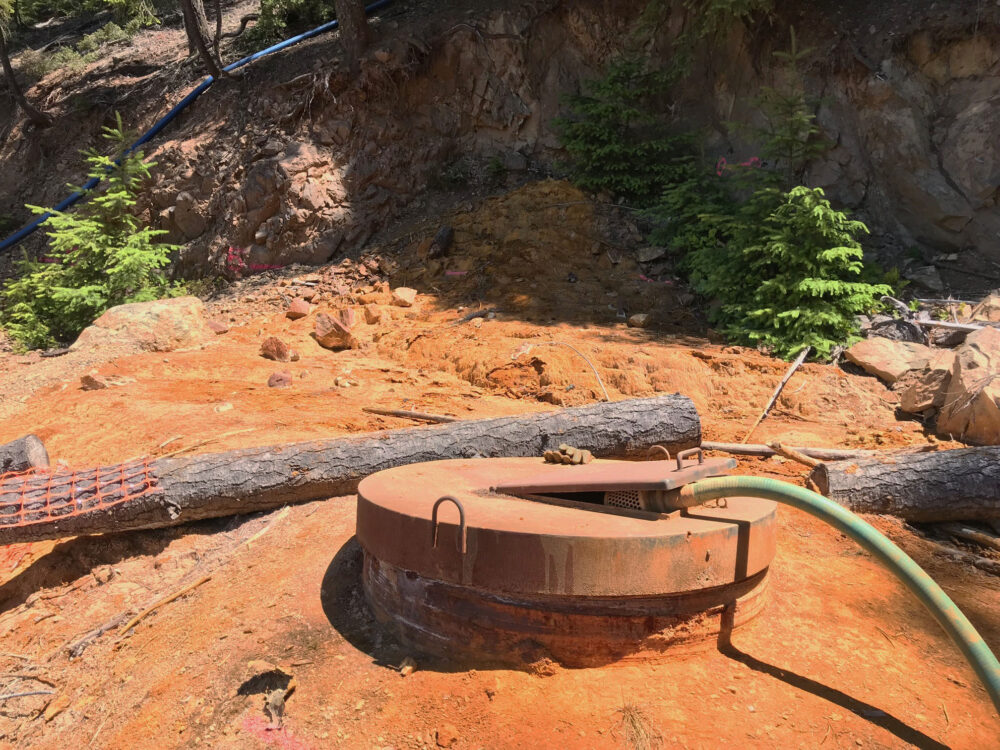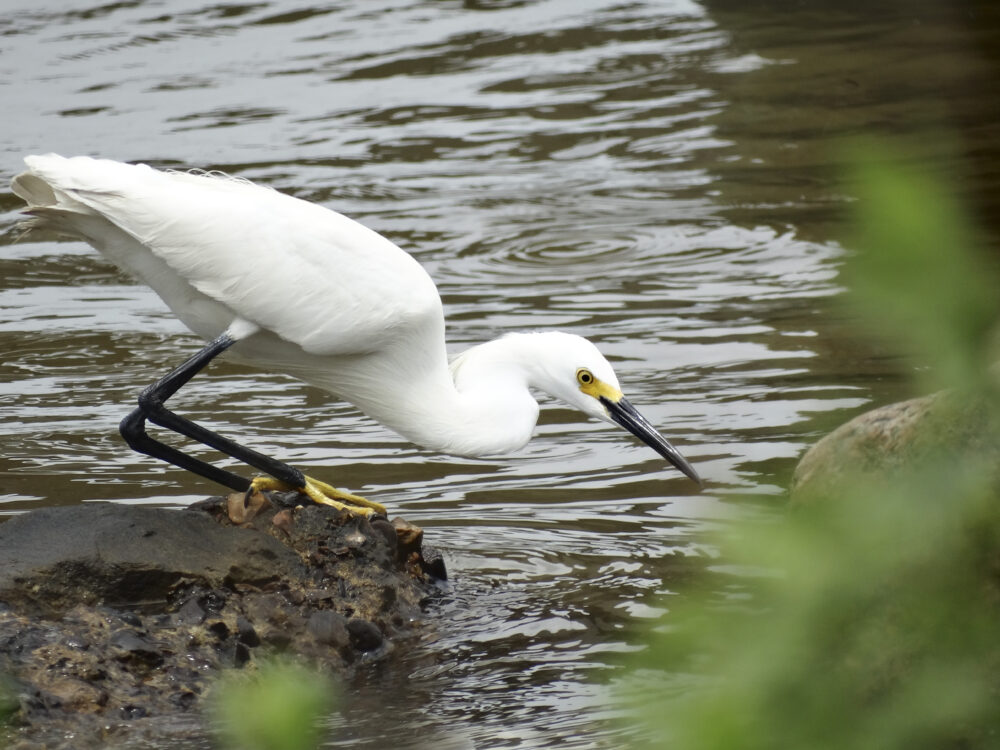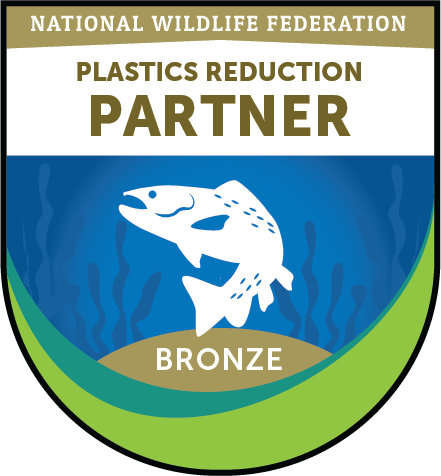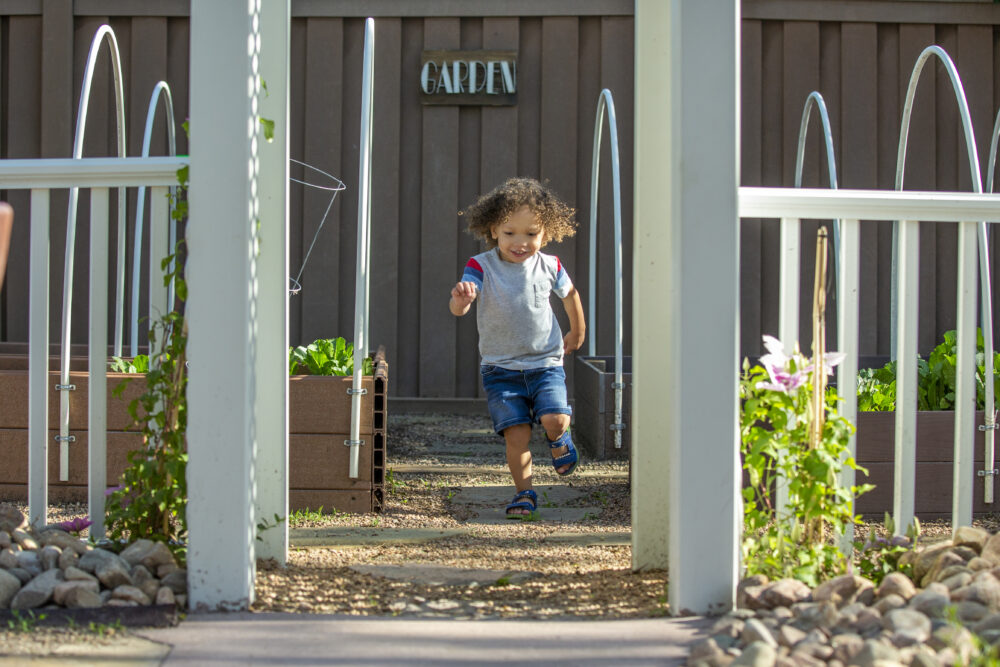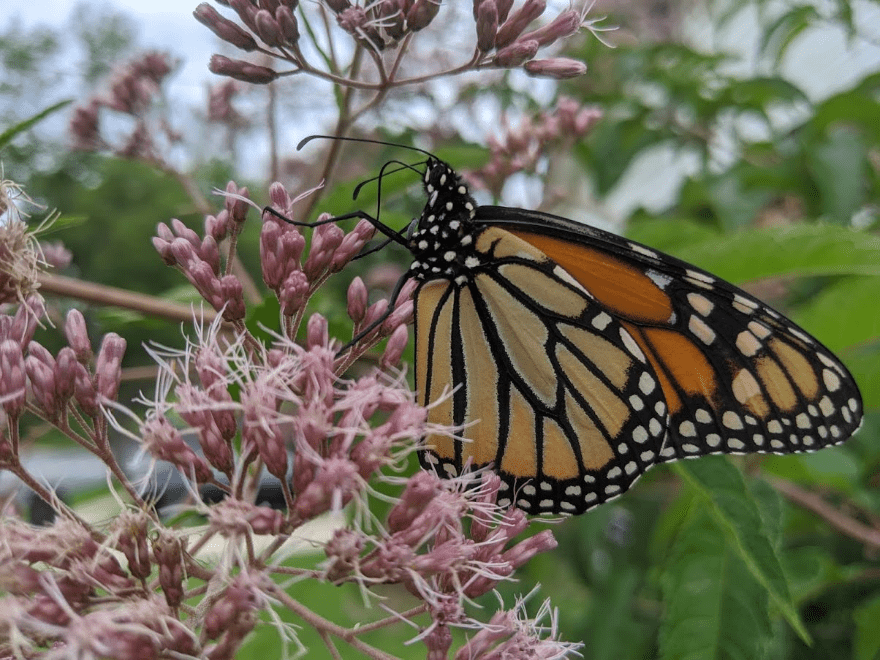We have much more to do and your continued support is needed now more than ever.
The Future of Campus Sustainability
On the afternoon of Tuesday, January 29, as part of the Johnson County Community College Center for Sustainability webinar series, Dr. Jay Antle, Executive Director, and Dave Newport, Director of Colorado University-Boulder Environmental Center, held a riveting conversation on the future of Campus Sustainability, based on past and current trends. In short, campus sustainability of the future will be much more inclusive than it currently stands. For the long story, keep reading–I’ll be your guide as we travel through Campus Sustainability Past, Present and Future.
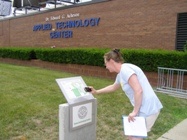
Campus sustainability (read: campus efficiency projects) today is frequently driven by facilities departments, who see the cost savings from use of long-lasting CFL bulbs or double-paned windows, but, Newport and Antle say, economic benefits can’t be the main force behind sustainability. Eventually we’re going to have to figure out how to tap into the “moral imperative,” based on the concept that everything is part of the puzzle.
Climate change is, obviously, not an easy concept to grapple with for students and the general public alike, and in the face of increasing extreme weather and political inaction on mitigation and adaptation, it’s easy to feel like this problem is too big to solve. But, Newport and Antle agree, this is where colleges and universities, especially community colleges, come into play, bringing together stakeholders and making immediate and positive impacts on the local level. Campus sustainability efforts provide a rare opportunity for relatively instant gratification in the realm of action to address causes and effects of climate change; colleges and universities are generally willing and able to move much more quickly to cut carbon emissions, operate more efficiently and transition to clean energy, than, for instance, the government.
Newport argues, however, that with all the good they are doing, institutions of higher education can operate with even greater transparency, and with greater self-awareness of their environmental impact. Somewhat surprisingly, Newport suggests multinational corporations as models. The general market trend has been toward increased, consumer-demanded corporate social responsibility–better labeling, workers’ rights, agricultural practices, etc. Newport touched briefly on the current student-driven movement to divest from fossil fuels (which now includes cities, churches, 210+ campuses and at least one or two senators) as a good start. I’ll add that the 665 signatories of the Presidents’ Climate Commitment, which requires emissions inventories and a solid plan for achieving carbon neutrality are not too shabby in the transparency department either.
So to address the title of the webinar, the future of campus sustainability will be well-integrated, all-inclusive and very transparent. Students, faculty, staff and administrators will all be part of not only the discussion but also helping to create the solutions for living lightly on a strained planet.
What do you think the future holds for sustainability on your campus? Solar-powered hovercraft? 100% self-sufficiency for energy, and something close to that for food? What are you doing to propel your campus toward Sustainability 2.o? Leave a comment and let us know!
Related Reading:
- Climate Literacy in a Time of Climate Silence, previous post by yours truly
- Campus Environment 2008: A National Report Card on Sustainability in Higher Education, NWF Campus Ecology resource
- Campus Sustainability Case Study Database, a 23-year collection of reports on green projects at colleges and universities across the world (search “environmental education” to find out how students are engaging peers in sustainability, as referenced above)
Like Campus Ecology on facebook and follow @CampusEcology and @YouthforClimate on twitter



